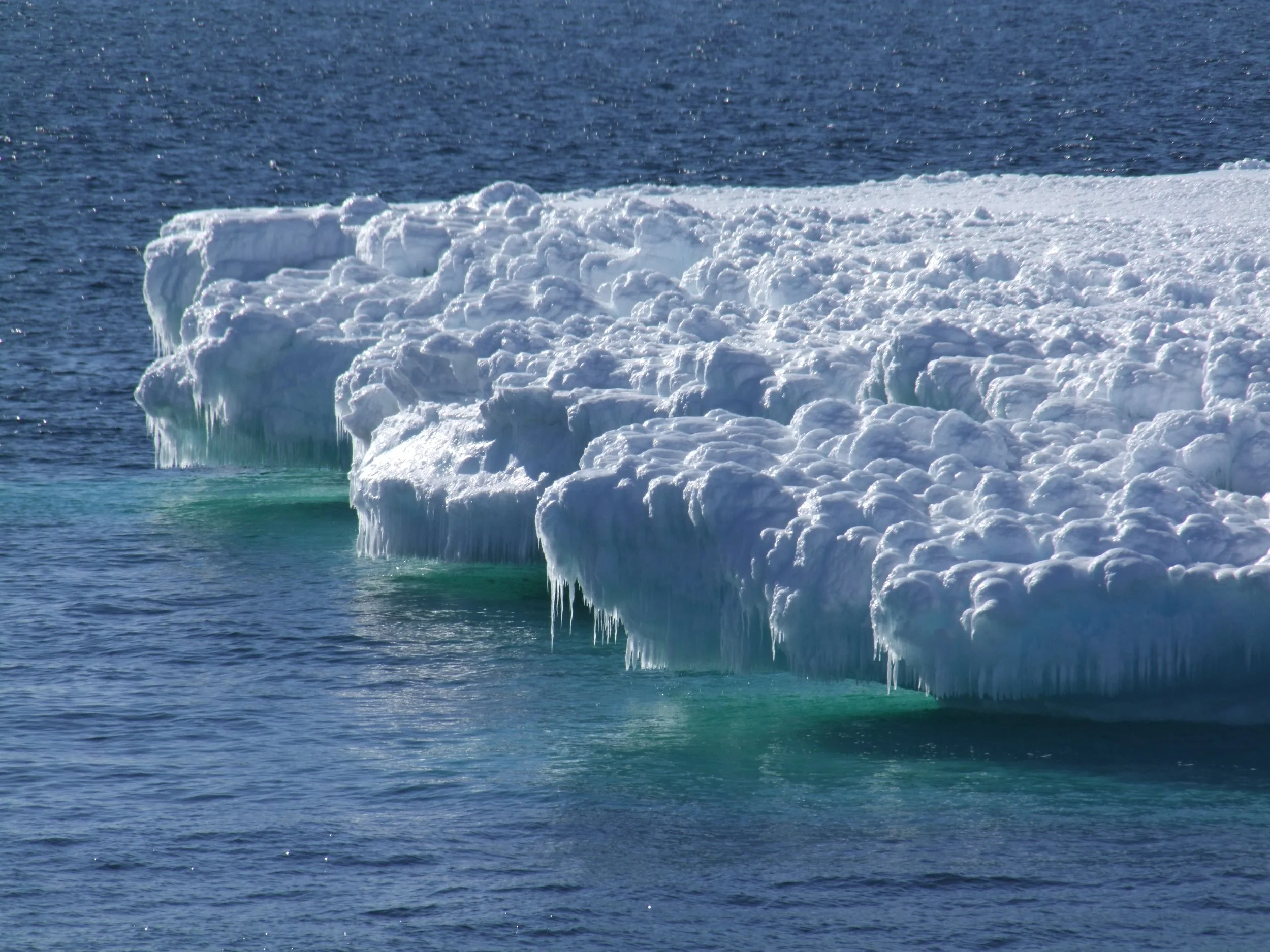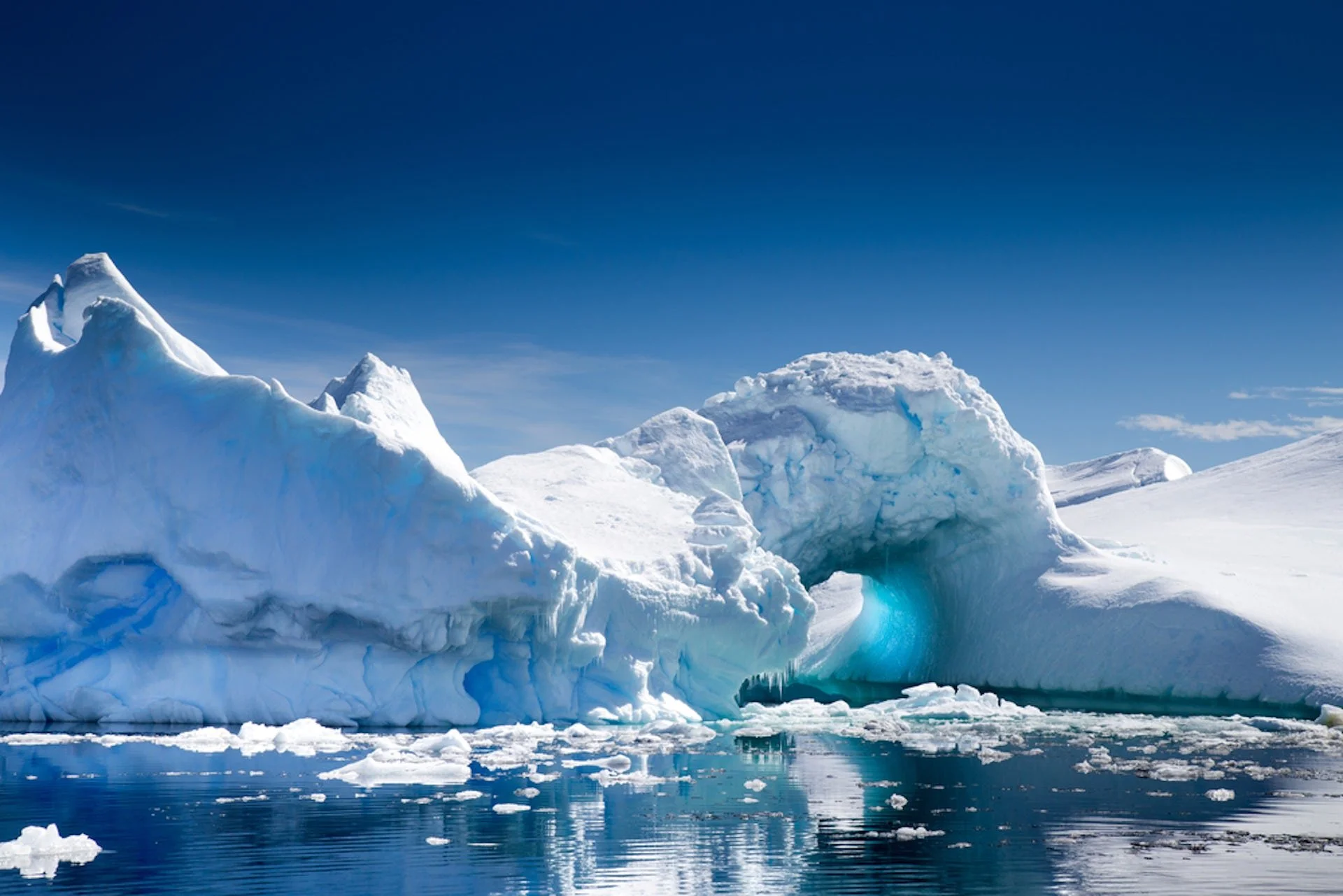Exclusive: Prof Matt King says accelerated melting could transform country and affect viability of some agricultural industries. Read more at The Guardian
Read MoreClimate scientists don’t like surprises. It means our deep understanding of how the climate works isn’t quite as complete as we need. But unfortunately, as climate change worsens, surprises and unprecedented events keep happening. Read more at The Conversation
Read MoreIf we want to understand the future, it’s often useful to look at the past. And even more useful if you use octopus DNA to peer into worlds long gone. Read more at The Conversation
Read MoreScientists say numbers of world’s second-largest animal have slowly improved since 1970s whaling ban but sightings in Antarctic feeding grounds are rare. Read more on the Guardian
Read MoreThe ACEAS elephant seal tagging team are aboard the icebreaker that departed this week for Macquarie Island. Once the team arrive, they will spend the next few weeks in relative isolation at Bauer Bay, gathering data on the world’s most mysterious ocean—the Southern Ocean—via elephant seals. Read more at ACEAS
Read MoreNow, penguin experts say these birds that move like tuxedoed toddlers are showing us the hidden hazards of burning coal and other fossil fuels by the way they march. And as global warming changes the survival-of-the-fittest game at the bottom of the world, one particular species of Antarctic penguin is modelling a poignant lesson for humanity. Read more on CNN
Read MoreAs nations meet in Uruguay to negotiate a new Global Plastics Treaty, marine and forensic scientists publish new results this week that reveal the discovery of synthetic plastic fibres in air, seawater, sediment and sea ice sampled in the Antarctic Weddell Sea. Read more at EurekAlert
Read MoreUsing octopus DNA, octopus scientists have discovered that 125,000 years ago a bunch of Turquet's octopus (Pareledone tuerqueti) travelled from one side of the Antarctic to the other side to have octopedal relations with each other. Read more on the Guardian
Read MoreThis winter has confirmed what scientists had feared — the sea ice around Antarctica is in sharp decline, with experts now concerned it may not recover. Earlier this year, scientists observed an all-time low in the amount of sea ice around the icy continent, following all-time lows in 2016, 2017 and 2022. Usually, the ice has been able to recover in winter, when Antarctica is reliably dark and cold. Read more on the ABC
Read MoreThe health of these moss beds is declining due to changing climate conditions, ozone depletion and heatwaves. Yet our understanding of the problem is limited. Conducting research in Antarctica is difficult. Periods of data collection are short, and there can be years between each research opportunity. Fortunately, new technology offers solutions. Read more at Cosmos
Read MoreHumans have only recently begun to think about using hydrogen as a source of energy, but bacteria in Antarctica have been doing it for a billion years. We studied 451 different kinds of bacteria from frozen soils in East Antarctica and found most of them live by using hydrogen from the air as a fuel. Read more on the Conversation
Read MoreEcologists say sub-Antarctic Macquarie Island is visibly recovering, nine years after it was declared pest-free. Scientists will analyse samples collected on the World Heritage island to better understand other threats, such as climate change. Read more on the ABC
Read MoreNitrogen-rich droppings from penguins and seals along the Antarctic Peninsula fuel biodiversity hotspots that stretch several kilometres inland, researchers reveal in a paper published in the journal Current Biology. Read more on Cosmos
Read MoreFor the sixth year in a row, members of the Commission for the Conservation of Antarctic Marine Living Resources (CCAMLR)—part of the Antarctic Treaty System—failed to agree on any new marine protected areas in the fragile Southern Ocean. Read more at Scientific American
Read MoreThe Southern Ocean overturning circulation has ebbed 30% since the 90s, CSIRO scientist claims, leading to higher sea levels and changing weather. Read more on the Guardian
Read MoreA team of ecologists and coastal managers at the Institute of Marine Sciences of Andalusia, working with a colleague from the University of Cádiz, both in Spain, has found that the amount of iron being recycled back into the Southern Ocean by chinstrap penguins has been halved over the past several decades due to their declining population. Read more at Phys.org
Read MoreA new study led by the University of Tasmania—with the participation of the University of Bonn—discovered the oldest marine DNA in deep-sea sediments of the Scotia Sea north of the Antarctic continent. The material could be dated to one million years. Such old material demonstrates that sedimentary DNA can open the pathway to study long-term responses of ocean ecosystems to climate change. Read more on Phys.org
Read MoreThousands of kilometres to the south, we can see a similar issue on a much larger scale in the Antarctic, where the sea ice is also struggling to form. The Antarctic sea ice extent — region with at least 15 per cent sea ice cover — reached a record low on Feb. 13. While the mass of the Antarctic ice sheet has been decreasing for a long time, the Antarctic sea ice extent has been strongly decreasing since 2016. Read more on The Conversation
Read MorePublished in The Lancet Planetary Health, the ‘Personal View’ paper led by Griffith University’s Professor Susan Bengtson Nash from the Centre for Planetary Health and Food Security, highlights that chemical pollution monitoring frameworks were lacking in the Antarctic and Southern Ocean region, which acts as barometers for planetary health. Read more at GriffithNews
Read MoreAnalysis of the geology below the Thwaites Glacier in West Antarctica shows there is less sedimentary rock than expected – a finding that could affect how the ice slides into the ocean in the coming decades. Read more on EurekAlert
Read More



















